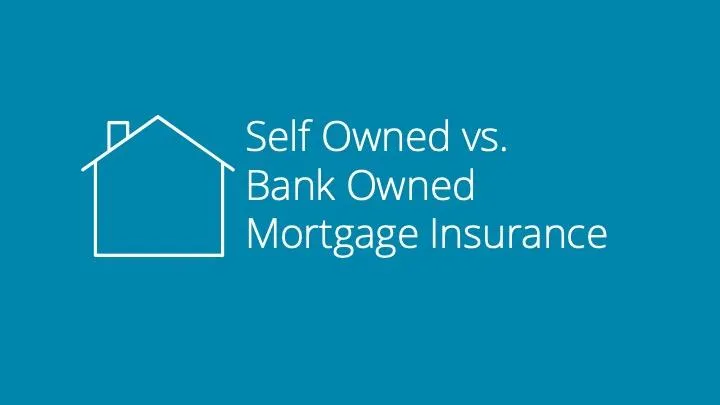
Say No to Banks Mortgage Life Insurance
Why Term Life Insurance is Often a Better Choice than Bank Mortgage Life Insurance
When you buy a home, protecting your investment is crucial, and insurance is a key part of that protection. While many homeowners consider bank mortgage life insurance (often offered when you sign your mortgage papers), there are compelling reasons to opt for term life insurance instead. Here’s why term life insurance can be a superior choice.
1. Coverage Flexibility
Term Life Insurance: Offers a fixed amount of coverage that remains constant for the duration of the term, whether it's 10, 20, or 30 years. This means if you pass away, your beneficiaries receive a death benefit they can use for any purpose—not just paying off the mortgage.
Bank Mortgage Life Insurance: Tied directly to your mortgage balance. As you pay down your mortgage, the coverage decreases, though your premiums do not. The insurance only covers the remaining balance of your mortgage, and the benefit goes directly to the bank, not your family.
2. Control Over Beneficiaries
Term Life Insurance: You can choose who your beneficiaries are, and they receive the death benefit directly. This flexibility allows your loved ones to decide how best to use the money—whether that's paying off the mortgage, covering living expenses, or investing in education.
Bank Mortgage Life Insurance: The benefit is paid directly to the lender, so your family has no discretion over how the funds are used. The only assurance is that the mortgage will be paid off, but other financial needs might remain unaddressed.
3. Cost Effectiveness
Term Life Insurance: Often offers a lower premium for a higher coverage amount, especially if you are young and healthy. It also remains consistent over the term, providing better value for money.
Bank Mortgage Life Insurance: Can be more expensive for less coverage as it is usually priced without extensive underwriting. Premiums do not decrease as the mortgage balance decreases, meaning you pay the same for decreasing benefits.
4. Portability
Term Life Insurance: Not tied to your mortgage, so it stays with you even if you refinance or purchase a new home. This continuity can be crucial for long-term financial planning.
Bank Mortgage Life Insurance: Tied to your mortgage with a specific lender. If you switch lenders or refinance, you might need to get new coverage, potentially at a higher rate due to changes in your age or health.
5. Stability of Coverage
Term Life Insurance: You’re covered for the term of your policy regardless of changes in your health. This predictability is a significant advantage for long-term planning.
Bank Mortgage Life Insurance: Can be conditional and subject to change. If your mortgage is renegotiated or moved to another lender, your policy may need to be reevaluated or could even be cancelled.
Conclusion
While bank mortgage life insurance might seem convenient at the time of signing your mortgage documents, term life insurance provides broader benefits and greater control. It's advisable to consult with an independent insurance advisor to understand the best options tailored to your specific financial situation and needs. Protecting your family's future should be done with the most effective tools at your disposal, and often, term life insurance is just that.
This blog aims to give a clearer understanding of why term life insurance can be a preferable choice for most homeowners looking to secure their family’s financial future beyond just covering their mortgage.
